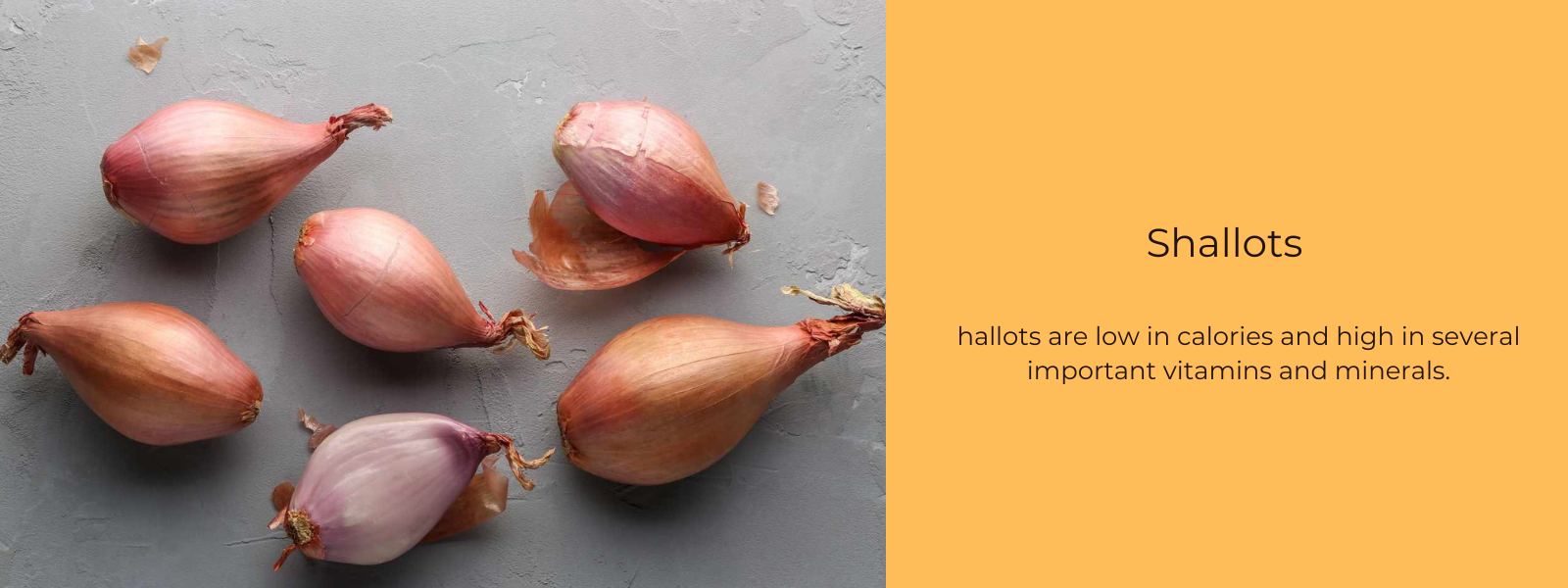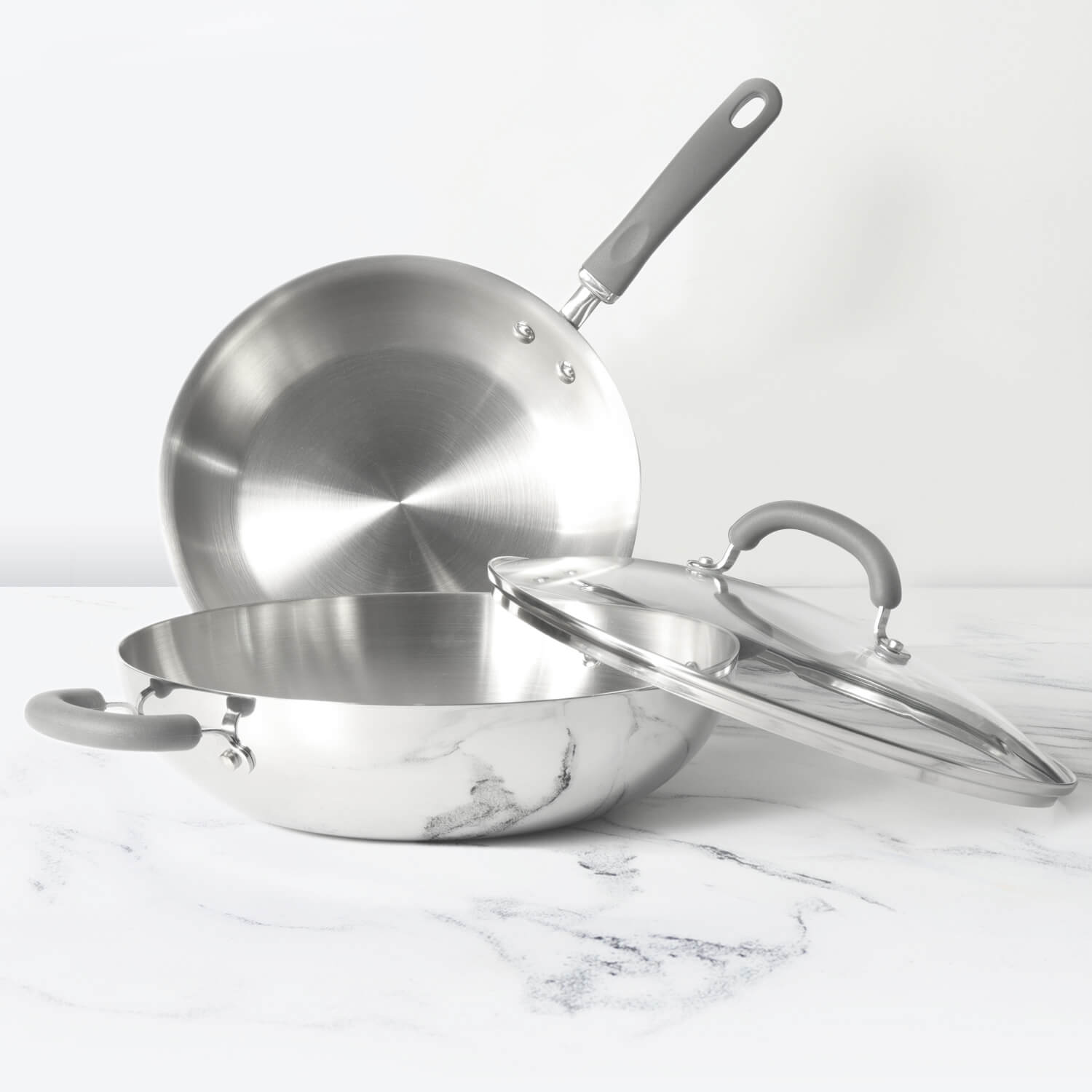Ginger is a flowering plant that belongs to the Zingiberaceae family. It is native to Southeast Asia and is widely cultivated in tropical regions around the world.
Ginger has a pungent and spicy flavor and is commonly used as a spice in cooking and baking. It is also a popular ingredient in traditional medicine, particularly in Asian cultures, where it is believed to have various health benefits. Ginger contains several bioactive compounds, including gingerol, which is responsible for its anti-inflammatory and antioxidant properties. Ginger has been shown to be effective in reducing nausea and vomiting, particularly in people undergoing chemotherapy or experiencing morning sickness during pregnancy. It may also help reduce pain and inflammation associated with conditions such as osteoarthritis, rheumatoid arthritis, and menstrual pain.
Table of Contents
Health Benefits of ginger:
Ginger is a spice with a long history of use in traditional medicine, particularly in Asian cultures. Some of the potential health benefits of ginger include:
- Reducing Nausea and Vomiting: Ginger has been shown to be effective in reducing nausea and vomiting, particularly in people undergoing chemotherapy or experiencing morning sickness during pregnancy.
- Reducing Inflammation and Pain: Ginger has anti-inflammatory properties and may help reduce pain and inflammation associated with conditions such as osteoarthritis, rheumatoid arthritis, and menstrual pain.
- Lowering Blood Sugar Levels: Ginger may help lower blood sugar levels by increasing insulin sensitivity, making it potentially useful for people with type 2 diabetes.
- Improving Heart Health: Some studies suggest that ginger may help reduce cholesterol levels and lower the risk of heart disease by reducing inflammation and oxidative stress.
- Boosting Immune System: Ginger has antimicrobial properties and may help boost the immune system, reducing the risk of infections.
- Relieving Digestive Issues: Ginger has traditionally been used to treat digestive issues such as bloating, constipation, and indigestion.
It is important to note that while ginger may have health benefits, it is not a substitute for medical treatment and should not be used to replace prescribed medications or treatments. As with any supplement or medication, it is always best to consult with a healthcare provider before use.
Uses of Ginger in Cooking and Medicinal Purposes:
Ginger has a variety of uses in cooking and medicinal purposes. Here are some examples:
Cooking:
Flavoring: Ginger is used as a spice to add flavor and depth to a variety of dishes, including stir-fries, curries, and soups.
- Baking: Ground ginger is a common ingredient in baking and is used to flavor cookies, cakes, and bread.
- Drinks: Ginger is used to make ginger tea, a popular herbal beverage, and is also used to flavor cocktails and other beverages.
Medicinal:
- Nausea and Vomiting: Ginger has anti-nausea properties and is often used to alleviate symptoms of motion sickness, morning sickness during pregnancy, and nausea related to chemotherapy.
- Pain and Inflammation: Ginger has anti-inflammatory properties and is used to alleviate pain and inflammation associated with conditions such as osteoarthritis and menstrual cramps.
- Digestive Issues: Ginger is used to relieve digestive issues such as bloating, gas, and indigestion.
- Immune System: Ginger has antimicrobial properties and is used to boost the immune system and fight off infections.
- Heart Health: Ginger is used to reduce cholesterol levels and improve heart health by reducing inflammation and oxidative stress.
How to Store and Prepare Fresh Ginger:
Here are some tips on how to store and prepare fresh ginger:
Storing:
- Store unpeeled ginger in a resealable plastic bag or airtight container in the refrigerator for up to 2-3 weeks.
- If you have a large piece of ginger, you can freeze it for up to 6 months. Simply peel the ginger, chop it into small pieces, and store it in a freezer bag.
Preparing:
- To peel ginger, use a vegetable peeler or the edge of a spoon to scrape away the skin.
- To grate ginger, use a fine grater or a Microplane zester. Alternatively, you can use a garlic press to crush small pieces of ginger.
- To slice ginger, use a sharp knife to cut it into thin, matchstick-like pieces.
- To chop ginger, cut it into small pieces with a sharp knife.
- When cooking with ginger, add it to the dish towards the end of the cooking process to preserve its flavor and health benefits.
- To infuse ginger flavor into liquids like tea or broth, slice or grate fresh ginger and steep it in hot water or broth for a few minutes.
By following these tips, you can easily store and prepare fresh ginger for your culinary and medicinal needs.
Important Facts About Ginger You Should Know:
Here are some important facts about ginger that you should know:
- Ginger is a flowering plant that belongs to the Zingiberaceae family.
- The part of the ginger plant that is commonly used is the root or rhizome, which is usually consumed fresh, dried, or powdered.
- Ginger has a pungent and spicy flavor and is commonly used as a spice in cooking and baking.
- Ginger has been used for centuries in traditional medicine to treat a variety of ailments.
- Ginger contains several bioactive compounds, including gingerol, which is responsible for its anti-inflammatory and antioxidant properties.
- Ginger has been shown to be effective in reducing nausea and vomiting, particularly in people undergoing chemotherapy or experiencing morning sickness during pregnancy.
- Ginger helps reduce pain and inflammation associated with conditions such as osteoarthritis, rheumatoid arthritis, and menstrual pain.
- Ginger may help lower blood sugar levels by increasing insulin sensitivity, making it potentially useful for people with type 2 diabetes.
- Ginger has antimicrobial properties and may help boost the immune system, reducing the risk of infections.
- Ginger can be consumed fresh, dried, powdered, or in supplement form. It is important to note that while ginger may have health benefits, it is not a substitute for medical treatment and should not be used to replace prescribed medications or treatments.
By knowing these important facts about ginger, you can make informed decisions about incorporating this spice into your diet and using it for medicinal purposes.
Side Effects of Consuming Too Much Ginger:
While ginger is generally considered safe for consumption in moderate amounts, consuming too much ginger may lead to certain side effects. Here are some of the possible side effects of consuming too much ginger:
- Heartburn and stomach upset: Consuming too much ginger can cause stomach discomfort, heartburn, and other digestive issues, especially when consumed on an empty stomach.
- Diarrhea: Ginger has a laxative effect and consuming too much of it may lead to diarrhea.
- Increased bleeding risk: Ginger may interfere with blood clotting and increase the risk of bleeding, especially if you are taking blood-thinning medications or have a bleeding disorder.
- Allergic reactions: Some people may be allergic to ginger and may experience allergic reactions, such as rashes, hives, or difficulty breathing.
- Lowered blood pressure: Ginger has blood pressure-lowering properties, and consuming too much of it may cause a sudden drop in blood pressure, especially in people with low blood pressure.
- Interference with medications: Ginger may interact with certain medications, including blood-thinning medications, diabetes medications, and certain heart medications. Consult with your healthcare provider before consuming ginger if you are taking any medications.
It is important to note that these side effects are rare and usually occur only when consuming large amounts of ginger. It is generally safe to consume up to 4 grams of ginger per day. If you experience any side effects after consuming ginger, stop using it and consult with your healthcare provider.











Leave a comment